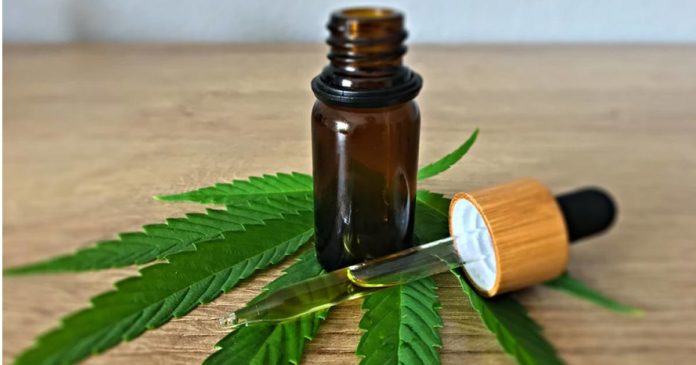A survey gauging awareness and use of CBD among consumers in 17 European Union countries produced some interesting results.
While the full report from New Frontier Data is yet to released, top level findings include:
- 56% of those surveyed had heard of CBD.
- 25% incorrectly believed CBD consumption creates a high.
- 28% were uncertain whether it produced a high.
- 46% reported a positive impression of cannabidiol.
- 16% reported using CBD or products containing it at some point.
- 58% of the above had first used it the previous six months.
- 13% had used it for the first time in the previous month.
- 74% who had used cannabidiol said it had a positive impact on their quality of life.
The proportion of those who believed cannabidiol was intoxicating or weren’t sure is a point worth noting by vendors and advocates. It would likely explain some resistance to or hesitation in using cannabidiol; i.e that it is being confused with the intoxicating cannabinoid THC.
Aside from confusion and rules and regulations in various countries holding back uptake, perhaps another issue causing concern for those interested in or aware of cannabidiol relates to quality. Back in July we reported on testing commissioned by the UK’s Centre for Medicinal Cannabis (CMC) that indicated significant quality control issues, including incorrect labeling and contaminants.
Still, the European market for the cannabinoid is a huge one – according to New Frontier Data, the hemp-derived CBD market in the EU is currently the second-largest market globally after the U.S. Earlier this year, Brightfield Group said the European market will boom over the next four years. Estimated at USD $318 million last year, Brightfield predicted the EU market was to grow more than 400 percent through 2023.
As for the situation in Australia, an earlier report from New Frontier data noted while approximately USD $41 million in hemp-based products were sold here last year, only 2% was attributable to CBD products. It’s a reflection of the nation’s tough regulations in relation to just about anything cannabis related that are unlikely to change anytime soon, which is unfortunate given cannabidiol’s good safety profile and the number of people who potentially might benefit from it.


